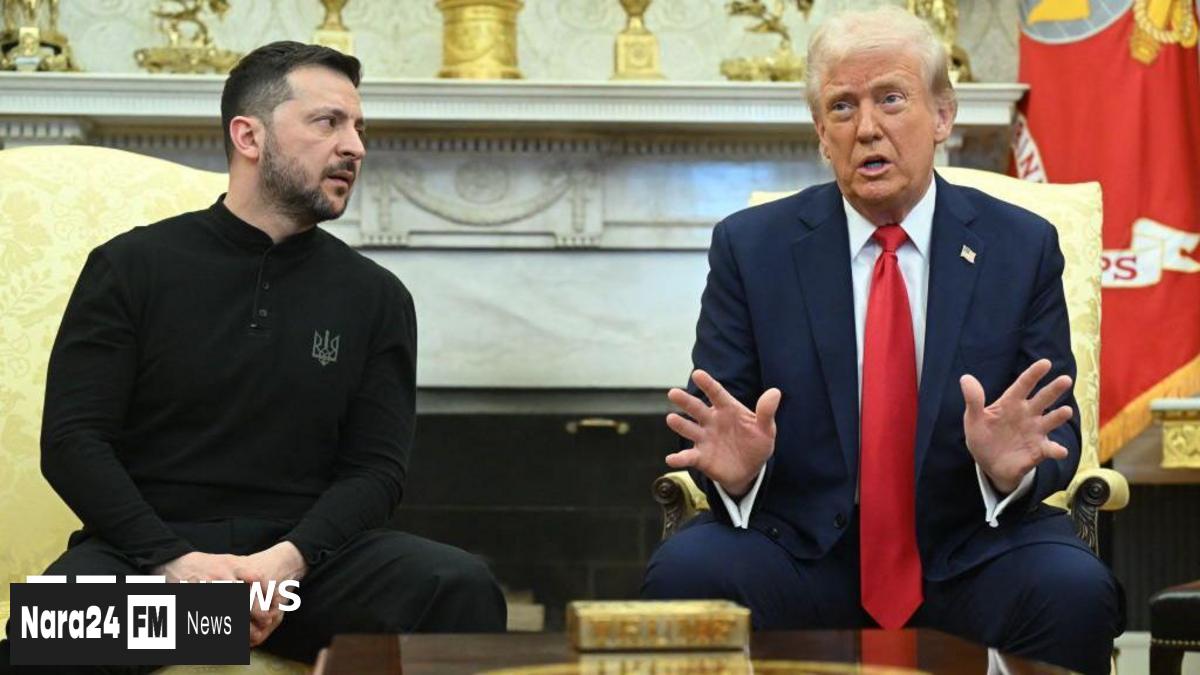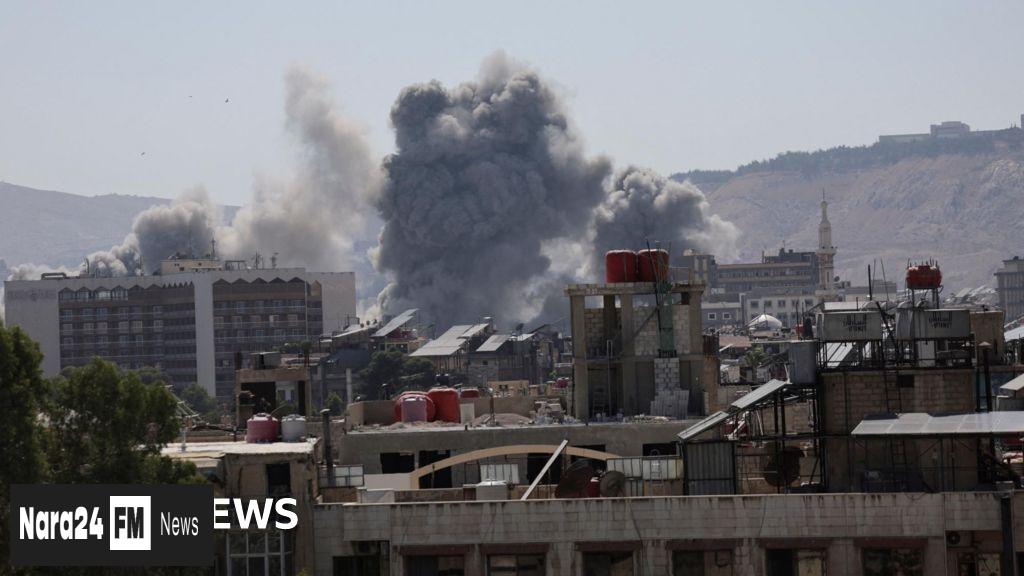
Trump's Ceasefire Decision Sparks Concern in Kyiv and Europe
Trump's shift away from an immediate ceasefire has caused alarm in Kyiv and throughout Europe, impacting ongoing diplomatic efforts.
A U.S.-brokered ceasefire aims to halt sectarian clashes in Syria's Suweida province after Israeli airstrikes targeted Damascus and southern regions, leaving over 300 dead in four days.

Israeli forces launched precision strikes on Syria's Defence Ministry headquarters in Damascus and military positions in southern Syria on Wednesday, escalating tensions amid ongoing sectarian violence in the Druze-majority Suweida province. Prime Minister Benjamin Netanyahu declared the operations aimed to "protect Druze communities and dismantle regime-linked militias," while Syria condemned the attacks as "treacherous aggression."
Concurrently, U.S. Secretary of State Marco Rubio announced an imminent resolution to the Suweida conflict, stating on social media: "Specific steps have been agreed upon to end this crisis tonight." Syria's foreign ministry acknowledged welcoming mediation efforts by U.S. and Arabian parties to achieve a peaceful outcome, though Israel has not yet commented on the ceasefire initiative.
The Syrian Observatory for Human Rights (SOHR) documented over 300 fatalities since Sunday, including 69 Druze fighters, 40 civilians, and 165 government troops. Witnesses described artillery and sniper attacks paralyzing Suweida city, with civilians unable to reach hospitals amid critical shortages of water and medical supplies. Government forces reportedly discovered "dozens of bodies" at Suweida’s national hospital after armed groups withdrew.
Syrian state media confirmed troop withdrawals from Suweida following an agreement with local religious leaders, claiming the military had completed operations against "outlaw groups." Meanwhile, Israel’s Defence Minister Israel Katz vowed ongoing strikes in Suweida until hostile forces fully retreat. Israeli jets also hit weapons convoys en route to the province and facilities near Damascus’ presidential palace.
Syria’s foreign ministry accused Israel of deliberately "inflaming tensions and violating international law" after strikes damaged civilian infrastructure. Footage from Damascus showed panic as explosions rocked central areas, with filmmaker Fadi Al Halabi describing crowds fleeing air raids: "People’s faces were terrified—no one knew where to run."
The violence erupted after Bedouin tribes abducted a Druze merchant near Damascus last Friday, triggering clashes between Druze militias and government-aligned forces. Minority Druze communities remain distrustful of President Bashar al-Assad’s regime despite security assurances. Netanyahu emphasized Israel’s commitment to protecting Syrian Druze due to their cultural ties with Israeli Druze communities.
A ceasefire negotiated Wednesday night seeks to end hostilities, though the SOHR warns of rapidly deteriorating humanitarian conditions in Suweida. Casualty figures remain unverified independently.
Comments (0)
Leave a Comment
Be the first to comment on this article!